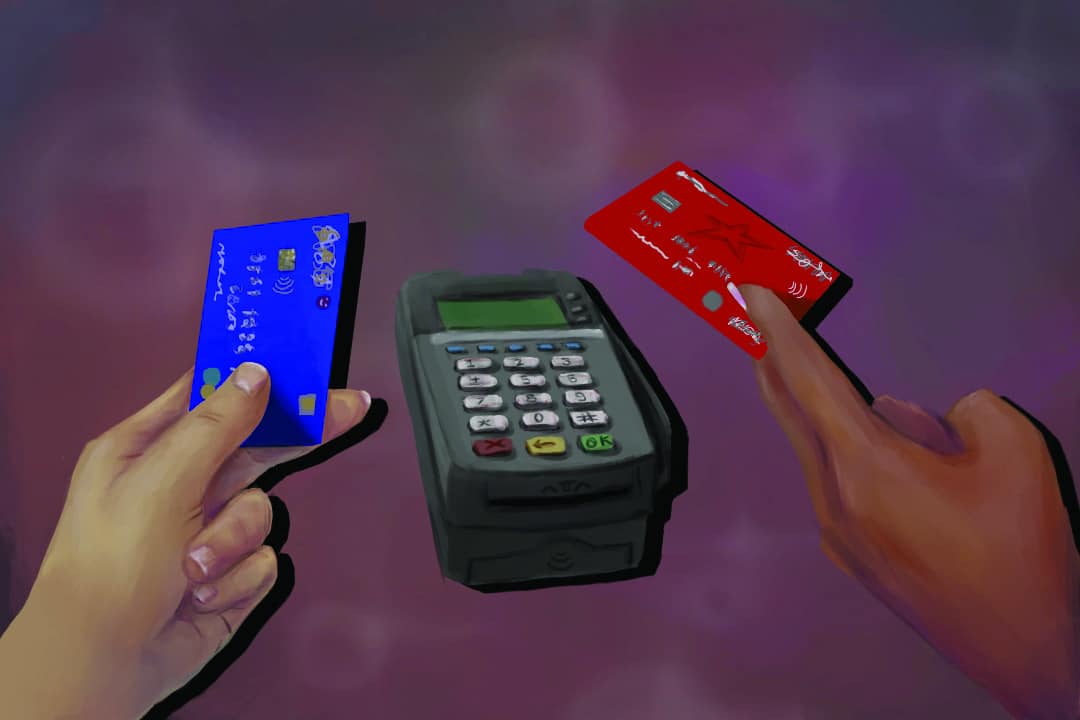Got plans this Valentine’s Day? Just remember that the cost of dating is going up, and traditional gender roles are breaking down, so be prepared for an awkward conversation when the bill arrives. The Varsity asked U of T students what they think about the cost of dating, and who they think should foot the bill.
The price of love
“Dating has become exponentially more expensive these days,” wrote Gio Kaikatsishvili, an economics and political science student, in an email to The Varsity. He pointed to rising prices and an increasing pressure to tip, which could add up to “crazy triple-digit price tags for a single date.”
Kristen Lee Pack, a first-year student in digital enterprise management, mentioned another factor of the high cost of dating, explaining in an email to The Varsity that people may go overboard with spending if they feel the pressure to impress their date with a lavish plan.
However, Chris Deogrades, a specialist in biological chemistry, contends that this extravagant spending doesn’t have to be the case. “Many people today are open to more casual dating settings,” he wrote in an email to The Varsity.
Sandra Risco, a life sciences student, agrees that dates can be fun and meaningful even if they don’t involve expensive outings. “Dating is as expensive as you make it… everything can be budgeted and everything can be adapted to our possibilities,” she explained in an email to The Varsity.
Statistics speak
On average, the cost of going on dates as a single person has increased by 40 per cent over the last 10 years, according to a 2022 TIME survey of 5,000 single Americans.
The loaning service Lending Tree surveyed 1,578 US consumers in 2022 and found that nearly one in five individuals decide not to go on dates due to inflation concerns, with 22 per cent of millennials likely to incur financial debt as a result of their dating spending habits. Furthermore, 77 per cent of active daters believe that having more money would make dating easier.
54 per cent of the men surveyed answered that in a heterosexual pairing, men should pay for the first date. Women, however, were more partial to splitting the bill or giving responsibility to whoever initiated the date, regardless of gender. Gen Z participants echoed this sentiment more often than older participants.
Does gender still matter?
So how should a couple deal with the bill?
Maya Buttigieg, a second-year student studying biology and chemistry, explained in an email to The Varsity that she still appreciates the classic gesture of the man paying for the first date, especially if they initiated it. However, she notes that gender roles are increasingly fading, and men shouldn’t have to pay for every date afterward.
Kaikatsishvili noted that, while paying for the other person on a date is a caring gesture, it is not just something that only one gender should do.
Risco maintained that, “Whoever asks [the other person on the date] should pay one or two times,” and after that the couple should split the bill for every date.
Pack agrees. “I do not believe gender should matter in regard to going on dates. On the first date, the person who initiated the date should pay,” she explained. She pointed out the significant financial burden for one person having to pay for every single date.
Deogrades believes that people should plan dates that they will be able to pay for themselves. However, he suggested that the responsibility for paying may “change on a case-by-case basis,” depending on how much each person orders at a restaurant, for instance, and what each person’s financial situation is. In general, he doesn’t think there should be any concrete rule for who should foot the bill.
Every couple will have to decide what they feel is right for them — but dating frugally, defying gender roles, and splitting bills are all fair game this Valentine’s day.


